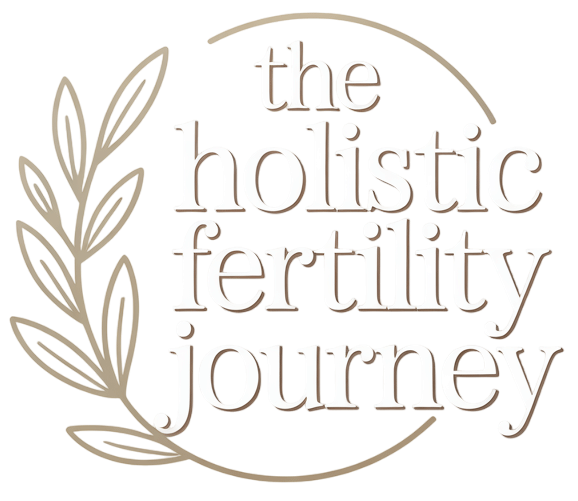Listening to Your Body Along the Way
Fertility is never just about numbers, dosages, or charts. It’s lived and felt: in the softening of stress, the strength of your body, the gentle hope that comes with self-care. It’s normal if you feel uncertain or overwhelmed by all the “shoulds.” What matters most is starting where you are, listening to your body, and building support—one nourishing choice at a time.
As you find your rhythm, remember: nobody gets every nutrient “perfect” every day. The goal isn’t rigid perfection—it’s sustained support, kindness to yourself, and small daily steps that gently build your foundation for conception. For further reading, check resources like the Fertility Society of Australia, Harvard’s School of Public Health, and trusted organizations like the NHS or WHO for the latest on preconception health.
Above all, trust in the wisdom of your own journey. Your story, your needs, and your hopes matter. With the right nourishment and a spirit of care, you are doing powerful work—even on the days it doesn’t feel that way. Here’s to kindness, hope, and the little (but mighty!) nutrients supporting your path to parenthood.
